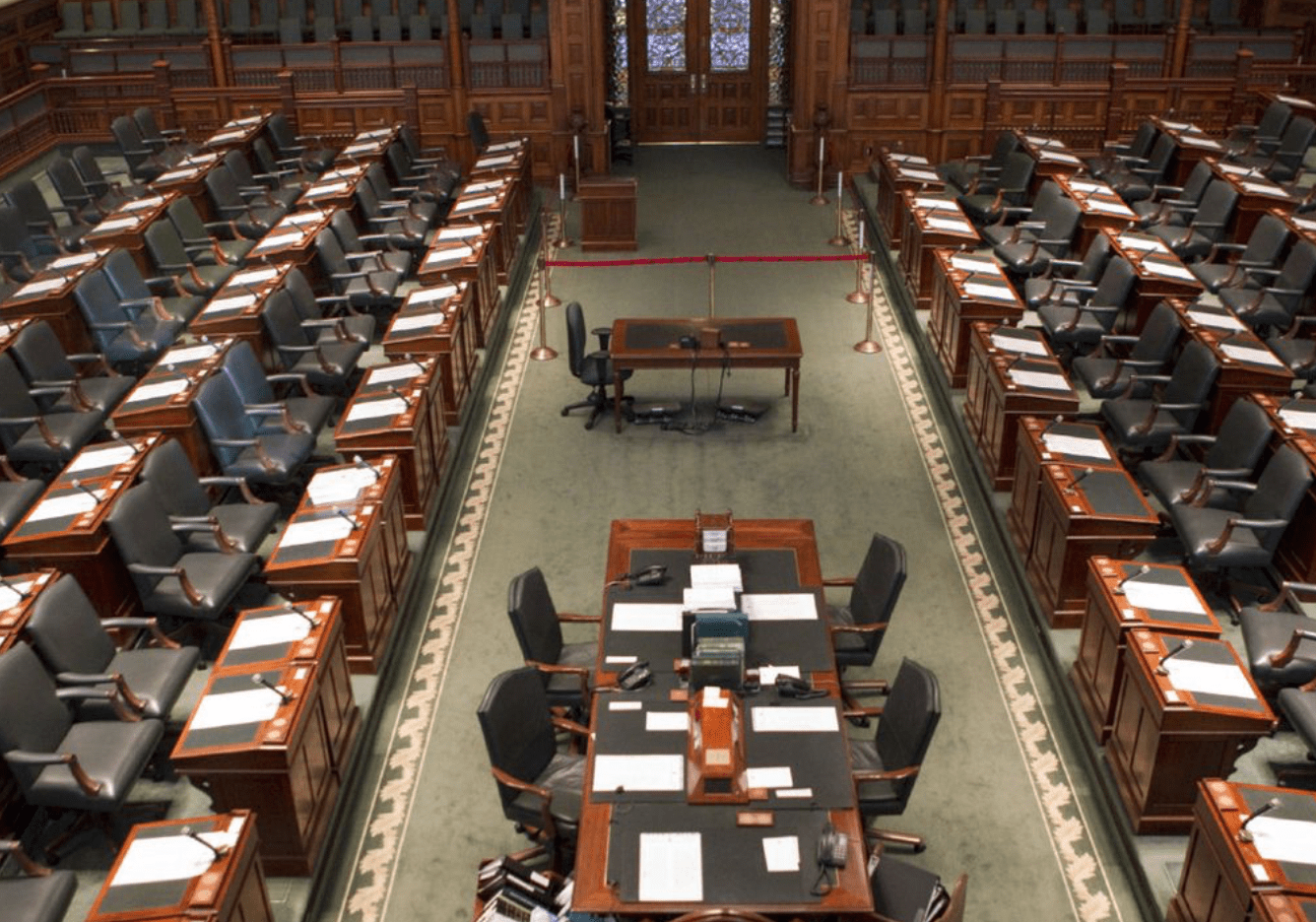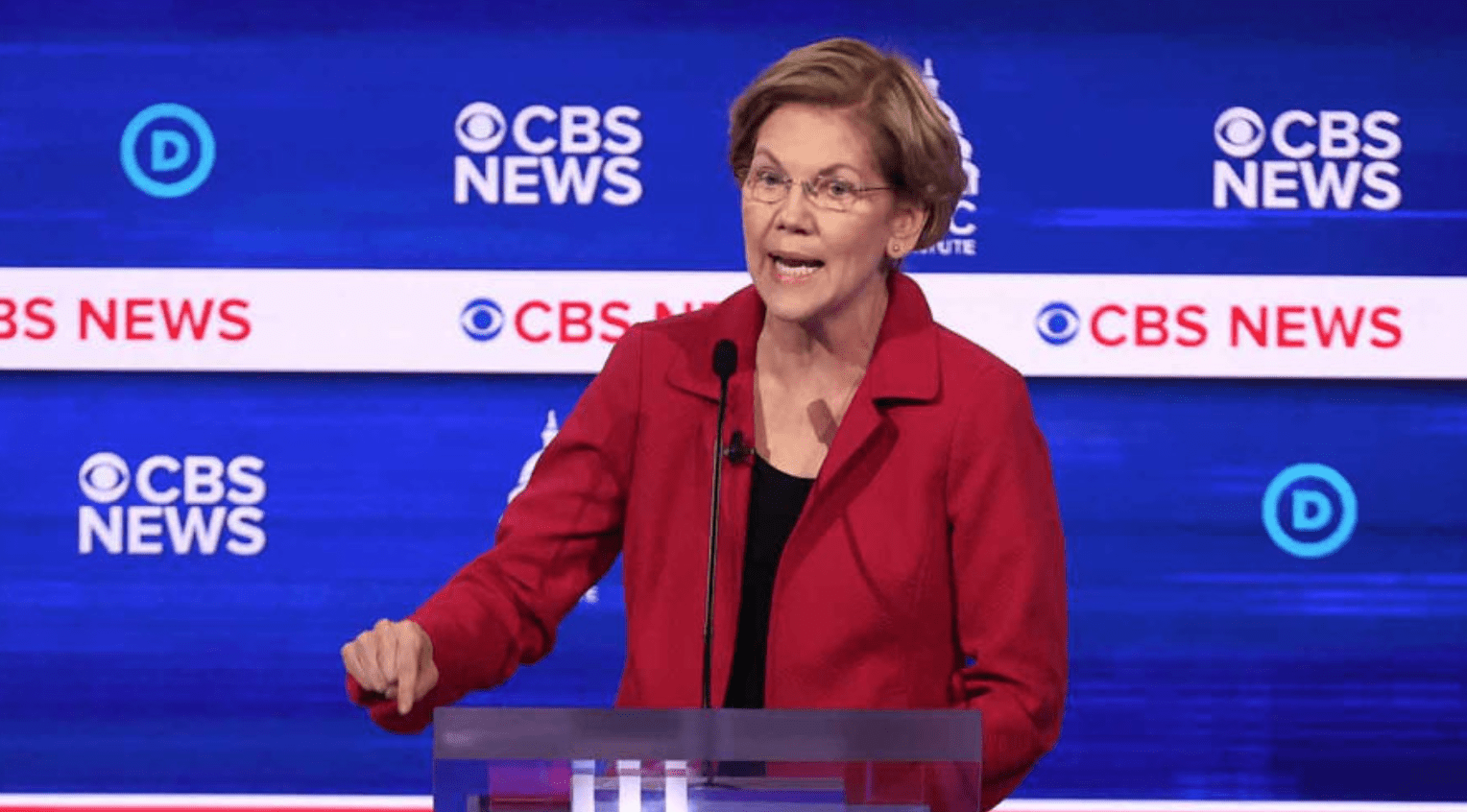Negotiations between the parties have been underway in order to recall Parliament in a limited way in order to pass several of the fiscal measures that have been introduced to help get Canadians through the hardships being brought on by the COVID-19 pandemic. We knew this was likely going to need to happen, but Parliament was suspended regardless, and it looks like it will return more or less when it was supposed to, only with a bare minimum of MPs a skeleton crew if you will. And rather than calling it the Pandemic Parliament, which conjures images of the MPs in plague doctor masks, I find the term Skeleton Parliament a bit more fanciful, even if it conjures images of Ray Harryhausen stop-motion skeletons from films like Jason and the Argonauts.
The first thing to remember is that quorum for the House of Commons is 20 MPs including the Speaker, and in the Other Place it's 15 senators including their own Speaker. We are likely to see something approximating these numbers in the days ahead, with a proportionate number of MPs per party to their approximate seat counts, so as to maintain the current balance. The Government House Leader, Pablo Rodriguez, has stated that his hope is that these MPs would all be ones who wouldn't have to travel by plane, and this should be achievable but we've already seen MPs from places across the country, including Jagmeet Singh from Burnaby, saying that he's ready to come back at any time, which is contrary to the plan and would not be modelling good social-distancing behaviour like MPs should be. My question regarding the Liberals is how many of their numbers will be the ministers who are currently in town, or if they will call in mostly backbenchers because the ministers are busy with daily media availabilities and meetings to keep things running though one would imagine that if the purpose of Parliament is to hold them to account, it is more easily accomplished if they are in the Chamber.
As for the Greens, there's no real way for them to be properly included in the proportions if we're to keep them as close to 20 as possible (not to mention that they are coming from opposite ends of the country), but they're not an officially recognized party, so I'm not sure there should be any particular impetus to include them in anything other than advisory capacity. Proportioning could be more interesting in the Senate, given that the ISG operates under the apparent rule that they don't control their members in any way, so it could be a free-for-all as to who shows up, which could be interesting.
Ensuring proper social distancing within the Chamber should be fairly easy to accomplish given the size of the Chamber, though there may be a need to relax the rules around MPs needing to be in their assigned seats. That should be fairly easy to overcome, and if there are only some 20-25 MPs in place, that will make it easier for microphone and camera operators to find them (which is partly why those rules exist). This week when Queen's Park held an "emergency session" of 24 MPPs (where the quorum is 12), and they ensured fairly good distancing between them throughout their Chamber, so it is possible.
It's a question as to how any spending legislation is going to be dealt with by this Skeleton Parliament, and one hopes that we don't get a repeat of the Friday in which they suspended, where tens of billions of dollars in Estimates were rammed through with zero debate and scrutiny, based solely on the agreement of the House leaders and whips. This is appalling behaviour for any parliament, regardless of the situation, because the business of Supply is the whole point of why we have a parliament in the first place it's one of the primary means by which the House of Commons holds the government to account. If the House denies Supply, that means that the government falls. For there to have been no scrutiny is an abdication of the role, no matter that they felt the need to suspend something that was premature, especially when there were better options like reducing to a skeleton crew like they're doing anyway, after having done the song and dance of suspension. That way, MPs could have done the work of scrutiny (likely using Committee of the Whole instead of the usual standing committees), and been available for measures like these, which we all knew were coming, without the same kind of disruption of having to suspend then ask the Speaker to bring the House back when it would have returned anyway.
Will we see actual bills or debates? Or will we just see a motion like we did pre-suspension where the spending bills for the massive aid package will be railroaded through in the same way? Conservative MP Scott Reid, who is likely to be one of the MPs to be recalled because he is quite close to Ottawa, has stated that he wants to see some ongoing accountability rather than just agreeing to any measure, sight unseen (as the NDP already have), and he proposed a special parliamentary committee structured like the current Canada-China committee to provide some ongoing oversight, which would be able to work with proper social distancing while also getting answers from ministers or other officials. It's a fairly sensible request, and Reid would have the leverage to insist on it because any of the motions to ram through legislation require unanimous consent, and he could withhold that. Imagine that a backbencher looking to do his actual job, and in a thoughtful way rather than engaging in "meathead partisanship." And keeping some MPs on the job, whether it's in a Skeleton Parliament or just as a committee, will also help to demonstrate that the business of the nation is carrying on, and that it can be done with proper precautions. Parliament matters, and that would be an effective demonstration of that fact.
Photo Credit: Toronto Star








